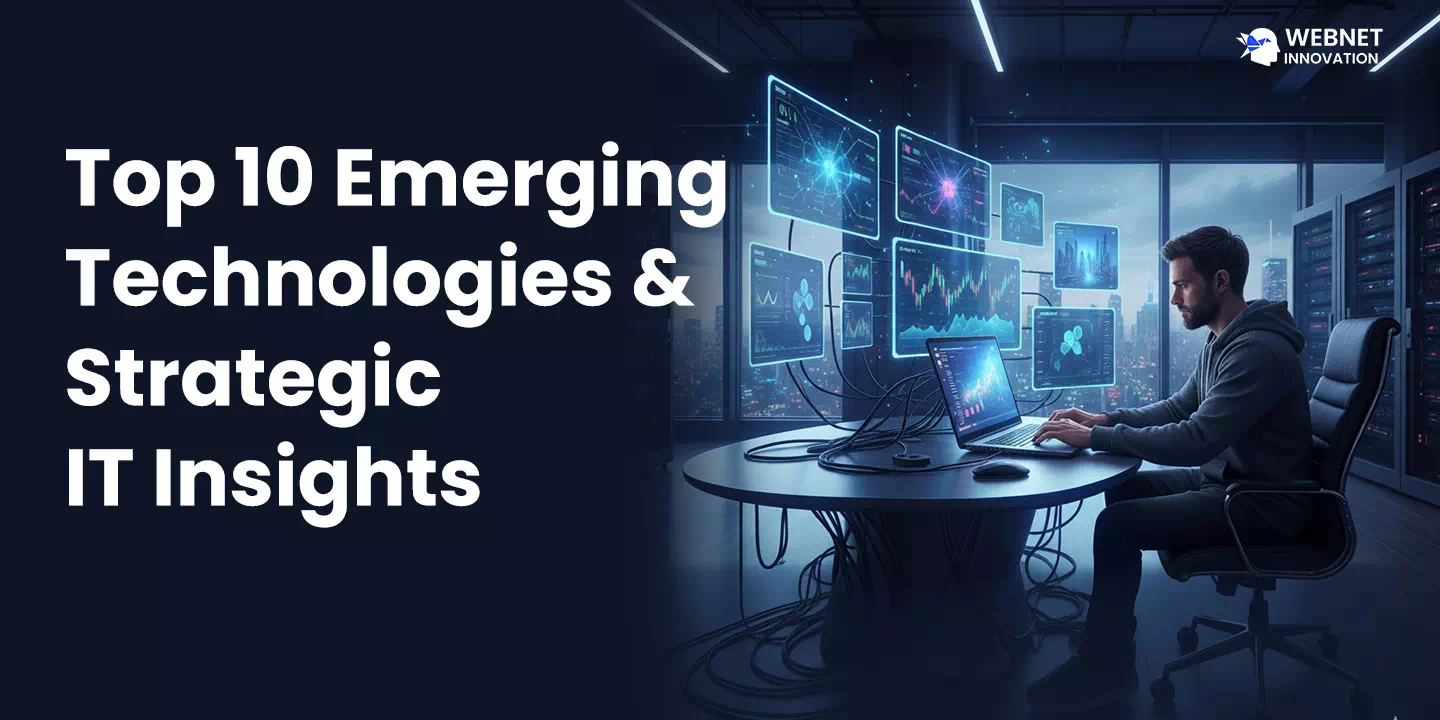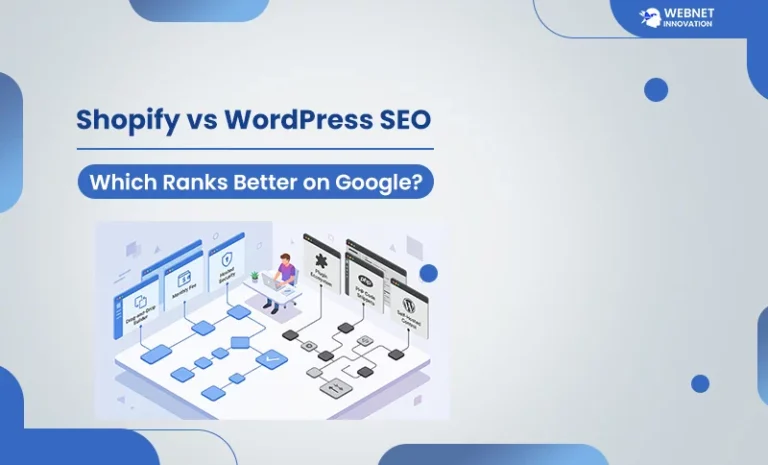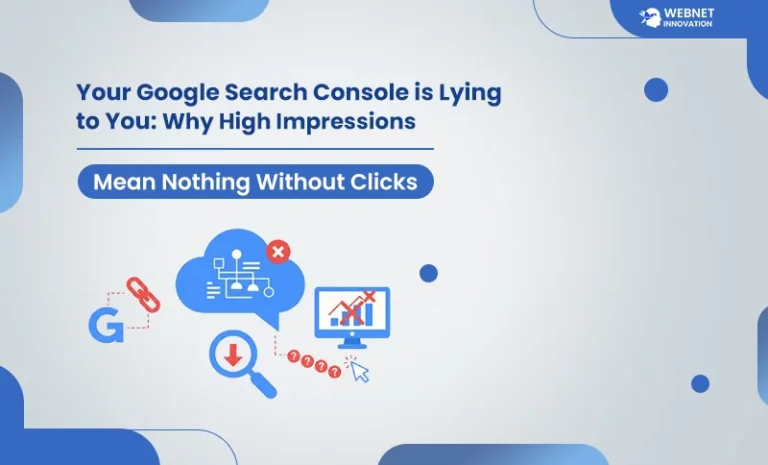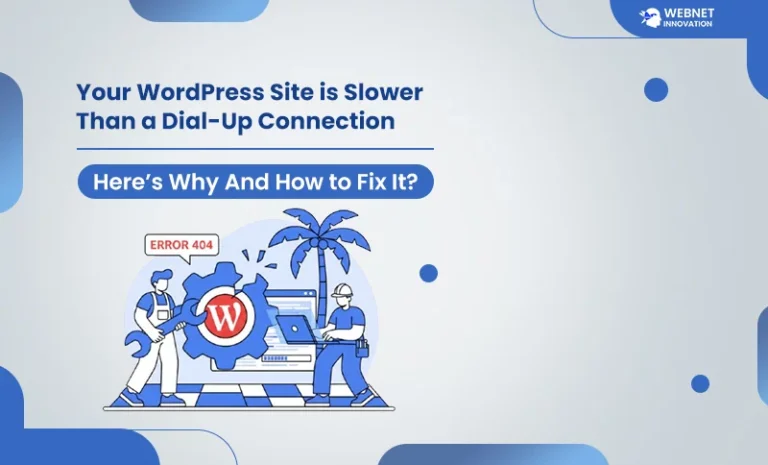
Have you ever wondered what the world of tech will look like in 2025? With AI, robotics, quantum computing and sustainability in the spotlight, the next few years will be a digital revolution like no other. Businesses, professionals and even consumers are preparing for a future that’s faster, smarter and more connected. In this article you will explore the top 10 technology trends for 2025.
2025 technology trends will reshape industries globally. Generative AI will create content in minutes, edge AI will make devices smarter and XR (AR/VR) will change how we work and shop. Professionals can now become a Generative AI professional, while companies adopt top IT trends for 2025 to stay ahead.
In emerging markets like India trending technologies like fintech innovations, SaaS startups and digital public infrastructure will drive growth. This guide covers top 10 strategic technology trends, top 25 emerging technologies, marketing innovations and IT shifts that will define 2025 — along with real life examples and case studies.
Why 2025 Will Be a Defining Year for Technology
The year is 2025, and we’re not just moving forward; we recommit ourselves and our country to a new direction. A number of forces are coming together — economic change, global challenges and fast innovation — to create an environment in which technology not only bolsters industries but also transforms them.
1. The Acceleration of Artificial Intelligence
AI is no longer theoretical. At companies like OpenAI and Adobe Firefly, generative AI is also being used to shape marketing campaigns, craft digital assets and even invent new products. HubSpot use AI to get content written in a matter of minutes that would have taken teams days to draft.
Professionals who know how to work with AI tools have new career options. And learning things like prompt engineering, model fine-tuning and AI ethics can get you ready to be a Generative AI professional so desirable in 2025.
2. The Rise of Sustainability and Green Technology
Sustainability isn’t optional anymore. Tech titans such as Google Cloud are introducing carbon-free data centers, and Microsoft’s AI for Earth initiative assists companies and researchers in applying AI to environmental answers.
By 2025, organizations will focus on green IT, energy-efficient servers, and environmentally friendly product designs. Not only is it good for the earth, but it also helps build brand reputation and saves them operational costs.
3. A New Era of Connectivity
Connectivity is evolving rapidly. 5G networks are already widespread, but early 6G deployments will begin by 2025. Companies like Huawei and Samsung are developing ultra-fast, low-latency networks that power autonomous vehicles, smart cities, and immersive XR experiences.
Emerging markets, including India, are particularly poised to benefit from these technologies. With digital infrastructure projects like UPI and ONDC, connectivity innovations will enable new business models and faster adoption of technology-driven services.
4. Digital Transformation in Emerging Markets
India and other emerging marketing sectors are leapfrogging traditional technology adoption. Fintech solutions, SaaS startups, and AI-powered education platforms are expanding rapidly. For instance, Byju’s uses AI-driven learning to personalize student experiences, while Paytm leverages data to optimize payment and lending services.
The coming year will see an accelerated trend of digital transformation, making these markets global leaders in innovation.
5. The Human-Centric Tech Revolution
While automation and AI dominate headlines, 2025 will emphasize human-centric technology. This includes ethical AI, explainable models, and tools that augment human intelligence instead of replacing it. Companies like IBM and Microsoft are leading initiatives to ensure AI deployments remain fair, accountable, and transparent.
Top 10 Strategic Technology Trends for 2025
1. Generative AI in Every Industry
Why Generative AI Matters in 2025
Generative AI is transforming industries, from marketing to product design. Tools like OpenAI’s ChatGPT, DALL·E, and Runway ML are helping brands such as Shopify create compelling content quickly.
How Professionals Can Benefit
Becoming a Generative AI professional can position you at the forefront of innovation. Skills in prompt engineering, model fine-tuning, and AI ethics are increasingly in demand.
Key Takeaways:
- Rapid content generation
- Personalized marketing campaigns
- Enhanced creativity across industries
2. AI-Augmented Development and Software Engineering
Impact of AI on Software Development
Tools like GitHub Copilot and Amazon CodeWhisperer help developers code faster, debug efficiently, and explore new frameworks.
Why It’s a Trending Technology in Software Development
Developers at Microsoft report that Copilot handles up to 30% of repetitive coding tasks, freeing engineers to focus on creative problem-solving. This makes AI-augmented development one of the most sought-after trends in software development.
Key Takeaways:
- Faster coding cycles
- Reduced errors and debugging time
- AI as a co-pilot for developers
3. Quantum Computing Advances
Why Quantum Computing Is a Game-Changer
Projects like IBM Quantum and Google Sycamore are pushing the boundaries of computational power.
Business Applications of Quantum in 2025
Startups in pharma use IBM Quantum’s cloud platform to simulate molecular structures faster than traditional computing. Financial institutions are experimenting with portfolio optimization, risk analysis, and fraud detection using hybrid quantum-classical models.
Key Takeaways:
- Solving previously impossible problems
- Optimized logistics and supply chains
- Advanced simulations in healthcare and finance
4. Edge AI and IoT Convergence
The Importance of Edge AI in 2025
Edge AI processes data near the source, making devices smarter and faster.
Use Cases Across Industries
- Tesla uses edge AI for real-time autonomous driving.
- Philips Healthcare deploys AI-powered wearables for patient monitoring.
- Siemens smart factories optimize production in real-time.
Key Takeaways:
- Faster data processing
- Secure and personalized experiences
- Smarter IoT ecosystems
5. Cybersecurity Mesh Architectures
Why Traditional Security Fails in 2025
Multi-cloud, hybrid environments require new security frameworks.
How Cybersecurity Mesh Will Protect Businesses
Some companies like Cisco and IBM Security implement CSMA to protect remote offices, devices, and users with flexible, resilient, real-time threat detection.
Key Takeaways:
- Adaptive authentication
- Real-time threat detection
- Security as a distributed service
6. Sustainable Technology and Green IT
Why Sustainability Is a Top IT Trend in 2025
Google’s carbon-free regions and Microsoft AI for Earth programs are setting benchmarks.
Examples and Benefits:
- Carbon-neutral cloud hosting
- AI-driven energy optimization
- Circular economy initiatives in hardware recycling
Key Takeaways:
- Reduced operational costs
- Improved brand trust
- Compliance with global sustainability standards
7. Extended Reality (XR), AR & VR
Why AR and VR Are Among the Top 25 Emerging Technologies
XR technologies, including Meta Horizon, Microsoft Mesh, and Niantic AR apps, are becoming mainstream.
Use Cases:
- IKEA AR app lets customers visualize furniture in their homes.
- VR training in medical schools for surgical simulations.
- Virtual offices improving remote collaboration.
Key Takeaways:
- Immersive user experiences
- New marketing channels
- Enhanced training and education
8. Autonomous Systems and Robotics
Why Autonomous Systems Are Reshaping Industries
Companies like Boston Dynamics, Amazon, and DJI are deploying autonomous robots for logistics, warehouse management, and agriculture.
Impact in 2025:
- Amazon warehouse robots reduce picking time by 50%.
- Drones monitor crops, improving yield and efficiency.
- Service robots assist in healthcare and hospitality.
Key Takeaways:
- Cost reduction
- Increased efficiency
- Safer operations
9. Blockchain Beyond Cryptocurrency
Why Blockchain Is Still Relevant in 2025
Enterprises are moving beyond crypto for secure and transparent operations.
Use Cases:
- Walmart tracks produce from farm to store.
- Ethereum smart contracts automate agreements.
- IBM Food Trust ensures supply chain transparency.
Key Takeaways:
- Trust-driven transactions
- Fraud prevention
- Enhanced operational efficiency
10. Human-Centric AI and Digital Ethics
Why Ethics Is Core to Technology in 2025
IBM Watson and Microsoft Responsible AI programs ensure AI is ethical, explainable, and fair.
Principles of Ethical AI:
- Transparency in AI decisions
- Reducing bias in AI models
- Privacy-first design
- Accountability for AI outcomes
Key Takeaways:
- Trustworthy AI builds brand credibility
- Compliance with regulations
- Safer adoption of AI across industries
Preparing for the Future of Technology in 2025
In the next few years will redefine how we work, live, and interact with technology. By understanding top strategic technology trends, businesses can innovate faster, and professionals can stay ahead by learning critical skills like generative AI, XR, blockchain, and edge AI.
Whether it’s adopting green IT solutions, leveraging AI in software development, or preparing for quantum computing breakthroughs, 2025 is the year to act. Embrace these trends today to secure your competitive advantage tomorrow.




